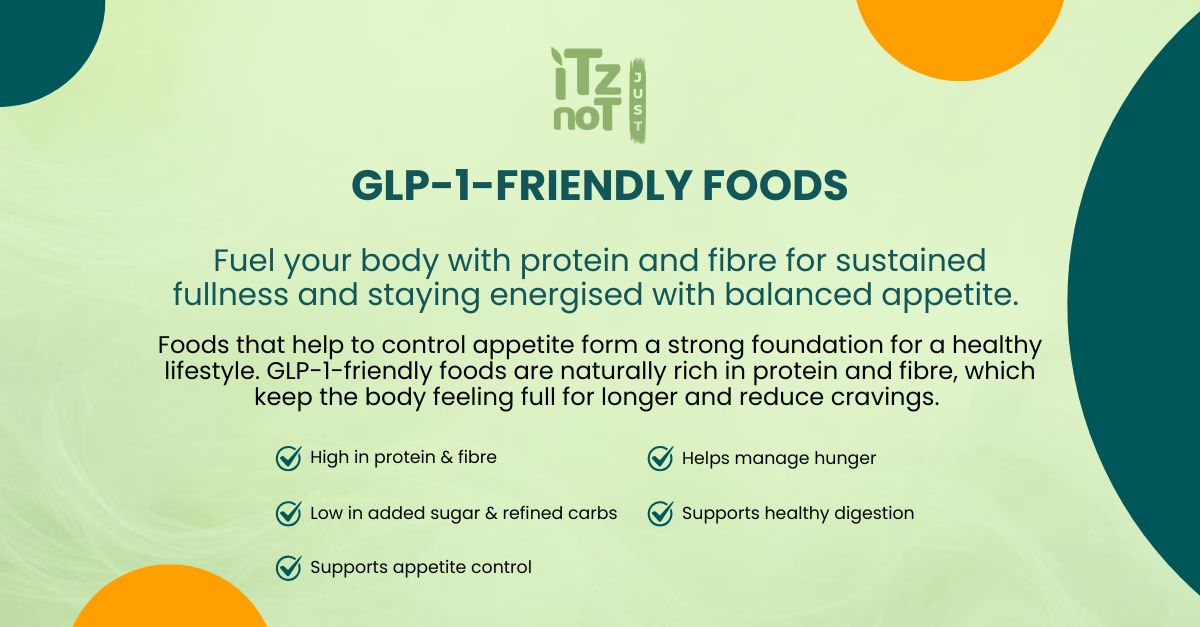
Building a Healthy Relationship with Food

Building a Healthy Relationship with Food
In today's world of fad diets, restrictive eating, and constant pressure to conform to unrealistic beauty standards, building a healthy relationship with food can feel like an uphill battle. But it's an essential journey, one that impacts not just our physical health, but also our mental and emotional well-being. This blog explores the trends, challenges, and solutions involved in cultivating a positive and sustainable relationship with food.
The Trend: From Restriction to Intuition
For years, the focus has been on restriction and deprivation. "Diet culture" has promoted the idea that certain foods are "good" and others are "bad," leading to feelings of guilt and shame around eating. However, a shift is occurring. More people are embracing intuitive eating, body positivity, and a more holistic approach to health that prioritizes well-being over weight.
What Does a Healthy Relationship with Food Look Like?
It's about:
- Honoring your hunger: Eating when you're physically hungry and stopping when you're comfortably full.
- Respecting your body: Accepting your body as it is, regardless of its size or shape.
- Making peace with all foods: No food is "off-limits." All foods can fit into a balanced diet.
- Rejecting the diet mentality: Letting go of restrictive diets and focusing on long-term health and well-being.
- Coping with your emotions without using food: Finding healthy ways to manage stress, sadness, or boredom.
- Enjoying your food: Savoring each bite and finding pleasure in eating.
- Listening to your body: Paying attention to how different foods make you feel.
- Practicing self-care: Prioritizing your physical and mental health.
The Challenges: Why is it so Difficult?
Several factors contribute to a strained relationship with food:
- Diet culture: The pervasive message that thinness equals health and happiness.
- Social media: The constant exposure to unrealistic body ideals and heavily edited images.
- Emotional eating: Using food to cope with difficult emotions.
- Past trauma: Experiences with dieting, disordered eating, or body shaming.
- Lack of nutrition education: Confusion about what constitutes a healthy diet.
Practical Steps to Cultivate a Positive Food Relationship:
- Practice mindful eating: Pay attention to your hunger cues and savor each bite.
- Challenge negative thoughts: Replace self-criticism with self-compassion.
- Focus on nourishing your body: Choose foods that make you feel good physically and mentally.
- Let go of food rules: Embrace flexibility and moderation.
- Seek professional help: If you're struggling with disordered eating or emotional eating, consider working with a therapist or registered dietitian.
- Connect with a supportive community: Find others who are on a similar journey.
A Convincing Conclusion: Your Worth is Not Measured by Your Plate
Building a healthy relationship with food is a journey, not a destination. It takes time, patience, and self-compassion. Remember that your worth is not measured by your weight or what you eat. You deserve to nourish your body and mind, find joy in eating, and live a life free from food guilt and shame. By embracing a more holistic approach to health and prioritizing your well-being, you can cultivate a positive and sustainable relationship with food that supports you in living your best life. This is about more than just food; it's about self-acceptance, self-care, and ultimately, self-love.























































